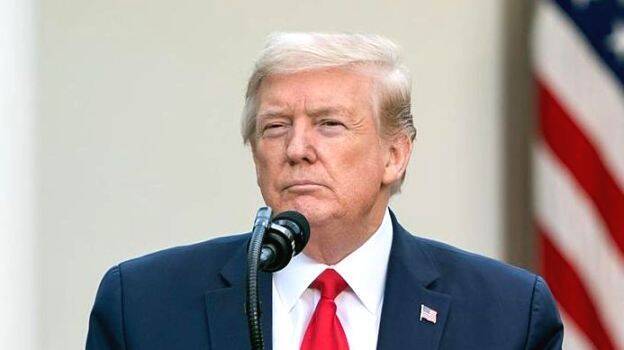

In economics, taxes and tariffs should only be imposed in a reasonable and justified manner, according to experts. However, many governments violate these principles under various pretexts to increase revenue. India was once a country where the income tax rate for the rich was as high as ninety percent. This meant that if someone earned two rupees in profit, they had to give almost half of it to the government as tax. Despite criticism from experts like Nani Palkhivala in budget speeches, the government, entrenched in socialism, refused to budge. However, it was during this period that tax evasion was at its peak!
If a fair tax is imposed, people will be willing to comply with it. However, if an unfair tax is imposed, a significant percentage of people will try to evade it. Blaming them alone is not the solution. It was only after India reduced income tax rates that government revenue from income tax actually increased. Currently, the maximum income tax rate for the ultra-rich is thirty percent. This means that for every rupee of profit, only 30 paise needs to be paid to the government. Levying taxes beyond a reasonable percentage of a product’s actual price is unjustifiable. For instance, India imposes an average tariff of 37.7% on agricultural products imported from the US. Some products even attract a 100% tariff.
While this may not be fair, reducing these tariffs would trigger protests from Indian farmers. For political reasons, India cannot afford to lower these tariffs, as Prime Minister Modi reportedly explained to then-U.S. President Donald Trump during a meeting. As a result, when the U.S. raises tariffs on Indian imports, India lacks the moral standing to challenge it. At the same time, when the U.S. increases tariffs, India may have to reduce tariffs on U.S. agricultural imports in response. This is the scenario likely to unfold in the future. Trump's retaliatory tariffs have the potential to pressure all nations engaged in trade with the U.S. The extent to which this strategy will succeed remains to be seen.
The average tariff on Indian agricultural products imported into the U.S. is 5.3%. Even though these tariffs are set by agreements, the government of any country has the power to modify them, which is exactly what Trump is doing now. This tariff war by the U.S. could even weaken diplomatic relations between nations. Globally, countries should agree that tariffs and duties should not exceed a reasonable percentage of a product’s actual price. Alternatively, organizations like the World Trade Organization should set a maximum limit for tariffs. The ultimate beneficiaries of such regulations would be consumers worldwide. However, such changes are unlikely to happen anytime soon. To counter the economic and political impact of U.S. policies, India must take urgent measures.